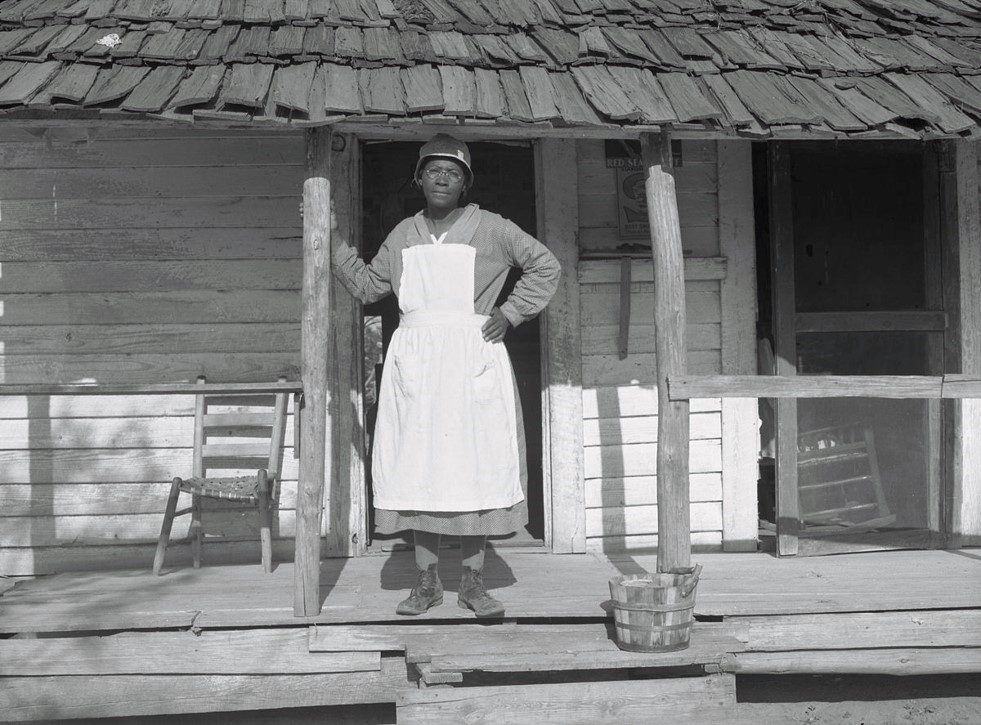GEE'S BEND, ALABAMA
Crossing Over
By J.R. Moehringer, Times Staff Writer
AUG 22, 1999
12 AM
*This fall, the Los Angeles Times is presenting a series of interactive experiences based on classic stories from our archives. This piece was first published in August 22, 1999.
She hopes the ferry won’t come, but if it does, she’ll climb aboard. She’ll tremble as she steps off the landing because she can’t swim, and she can’t forget the many times she’s crossed this ugly brown river only to meet more ugliness on the other side.
But fear has never beaten Mary Lee Bendolph, and no river can stop her. She’ll board that ferry, if it comes, because something tells her she must, and because all the people she loves most will board with her, and because if there’s one thing she’s learned in her difficult life, it’s this:
When the time comes to cross your river, you don’t ask questions. You cross.
It won’t look all that dramatic, just a new ferry taking a 63-year-old great-grandmother and her cousins across a Coca-Cola-colored river. But in this damp cellar of the Deep South, where the river has separated blacks and whites for 180 years, where even the living and the dead are less divided than the black and white towns camped on opposite shores, a new ferry will be like the river itself: more than it looks.
Some say the ferry won’t ever come, others say any minute now. Either way, Mary Lee has already seen herself crossing. A round woman with a giggle like one of the river songbirds and a speaking voice pitched between a lullaby and a prayer, she often sees the future in her dreams and trusts these visions as she does her cousins. They never lie. ‘The first mind you have when you get up in the morning,’ she says, ‘that the right mind. Then another mind come and tell you something else, that the wrong mind.’
This morning, her right mind tells her something’s coming, something big. Maybe a ferry. Maybe death. Maybe the end of her holy place on the river, the only home she’s ever known. It all seems the same in Gee’s Bend, Ala.
Gee’s Bend is where the Civil War came and went, but the slaves stayed, and their children stayed, and their grandchildren stayed, and their great-grandchildren, and so on, until today, Mary Lee and 700 of her kin cling to this bulb of bottom land that their ancestors were chained to. They bear the surnames of the last slaveholders to live here. They grow corn near the slaveholders’ headstones. They come and go amid the ghosts and dust devils that dance on the site of the old Big House.
The sounds of the river:

